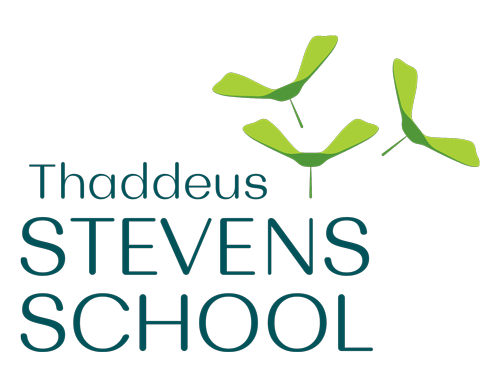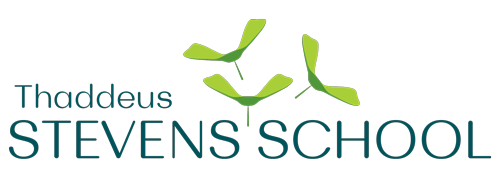Diversity, Equity, Inclusion and Belonging
In creating the DEIB policy, the School reviewed the mission and vision of the school as well as current research in the fields of sociology, psychology, and pedagogy. Current state and federal laws contribute to establishing policies that ensure the safety and well-being of all of students, faculty, staff, and parents. Thaddeus Stevens School is an intentional community that weaves its threads of philosophy, history, and legacy to create a coherent space for children to grow into global citizens committed to equitable democracy and community engagement. The School strives to not only accept but also to celebrate the rich tapestry created by human diversity, and for its students “to thrive in a complex world.”
Thaddeus Stevens championed the rights of all people, including those whose freedom and citizenship had not been confirmed by the U.S. Constitution.
In keeping with his legacy, our policies affirm and welcome human diversity without exception. The inherent worth and dignity of all people are honored and held safe at Thaddeus Stevens School.
The overarching policy is based on a shared understanding of the following categories:
Diversity
Diversity exists in the natural world and among the human species. Diversity is understood as a range of characteristics and identities that define individuals, groups, and larger communities. The school acknowledges and celebrates these intersecting identities that make up all people and impact how they move through the world.
Equity
Equity suggests that all individuals have a right to access the opportunities offered by school communities and society at large. Practicing equity means molding pedagogical and community models to fit individuals in such a way that they are able to achieve the goals and standards established in the school community.
Inclusion
Inclusion means that space is provided to empower all community members to share their ideas, identities, and experiences. It means that communities will receive information and experiences with empathy and respect. It means that community members will not seek to disabuse a person of their experiences or perspectives.
Belonging
Belonging is experiencing the impact when the goals of diversity, equity, and inclusion are achieved.
The following list is a sampling of the expression of the School’s intent:
· Allow space for every voice
· Listen to differing perspectives
· Collaborate with other to solve problems
· Approach the community through a trauma-informed lens
· Embed restorative justice practices
· Provide opportunities for individuals to explore their interests and passions
· Offer opportunities for learning and leadership
· Be transparent with how and why we conduct tasks and decisions
· Honor each person’s self-care practices
· Center pedagogy and relationships around social justice
· Grow and adapt as new learning and identities are introduced into our community
· Engage with and respect other belief systems, practices, and holidays



